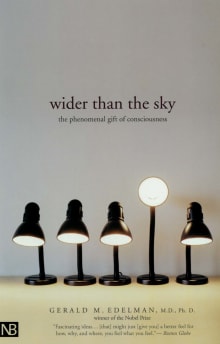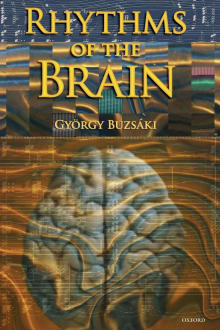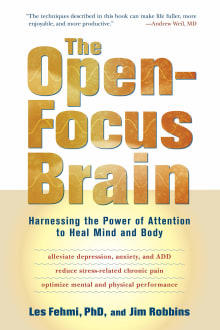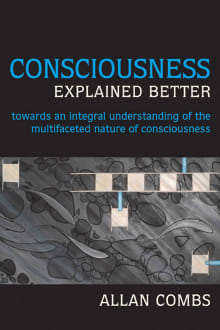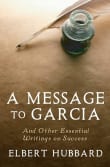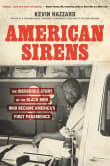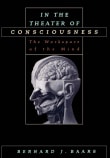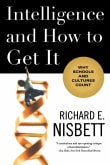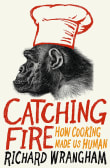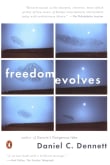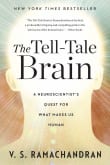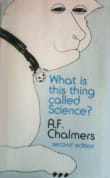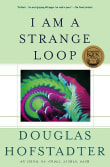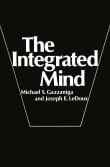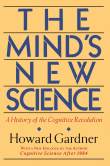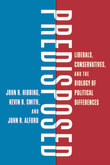
Why did I love this book?
Nobel prize winner Gerald Edelman sums up in this book a model of human consciousness that has greatly informed my understanding. The framework he constructs involves intricate interconnections among myriad brain components— interconnections that operate according to a dynamic process that he terms “re-entry."
Written in a voice that is quite professorial, this book requires concentrated study, and is a must-have text for the serious student of human consciousness.
1 author picked Wider Than the Sky as one of their favorite books, and they share why you should read it.
How does the firing of neurons give rise to subjective sensations, thoughts, and emotions? How can the disparate domains of mind and body be reconciled? The quest for a scientifically based understanding of consciousness has attracted study and speculation across the ages. In this direct and non-technical discussion of consciousness, Dr. Gerald M. Edelman draws on a lifetime of scientific inquiry into the workings of the brain to formulate answers to the mind-body questions that intrigue every thinking person.
Concise and understandable, the book explains pertinent findings of modern neuroscience and describes how consciousness arises in complex brains. Edelman explores…


